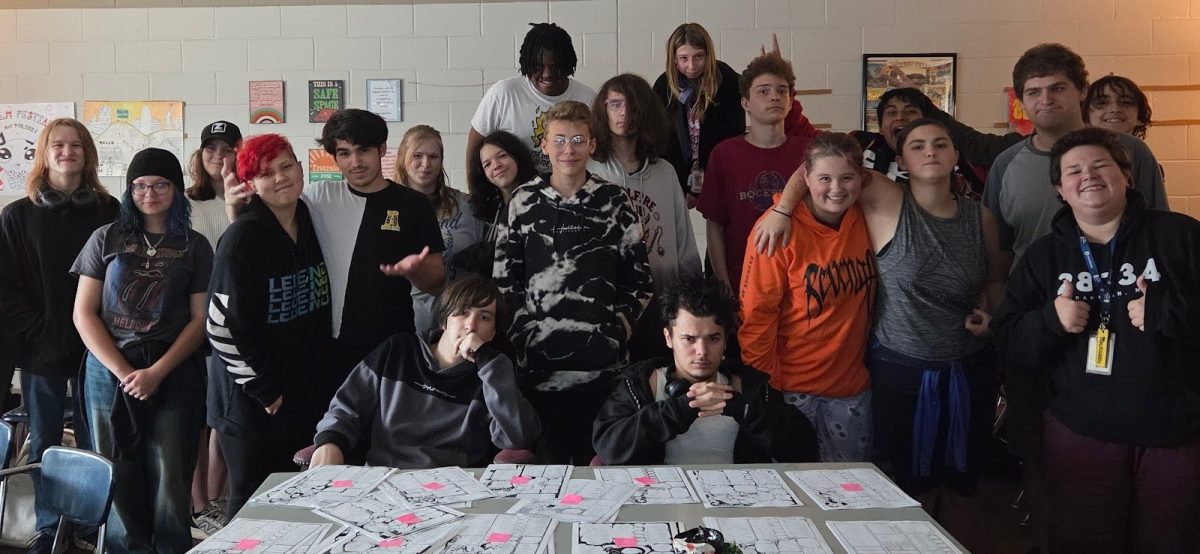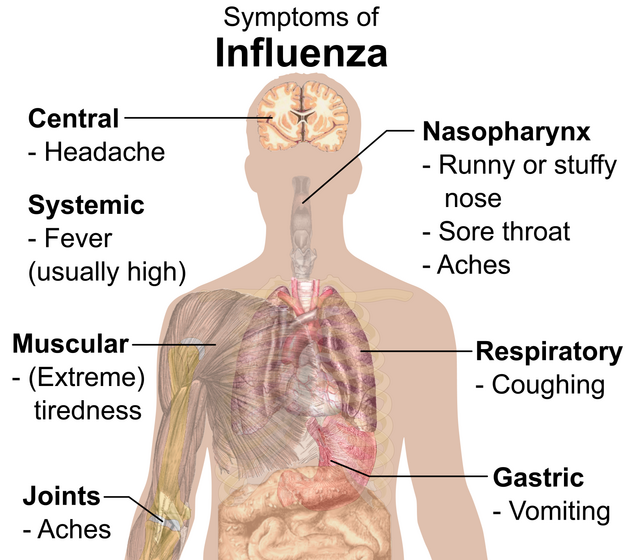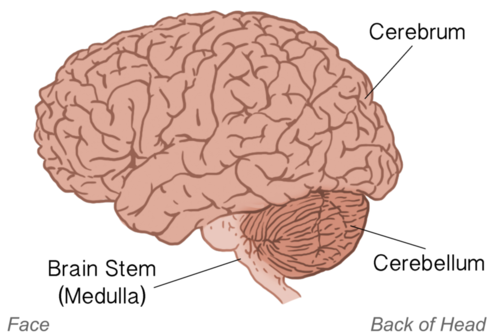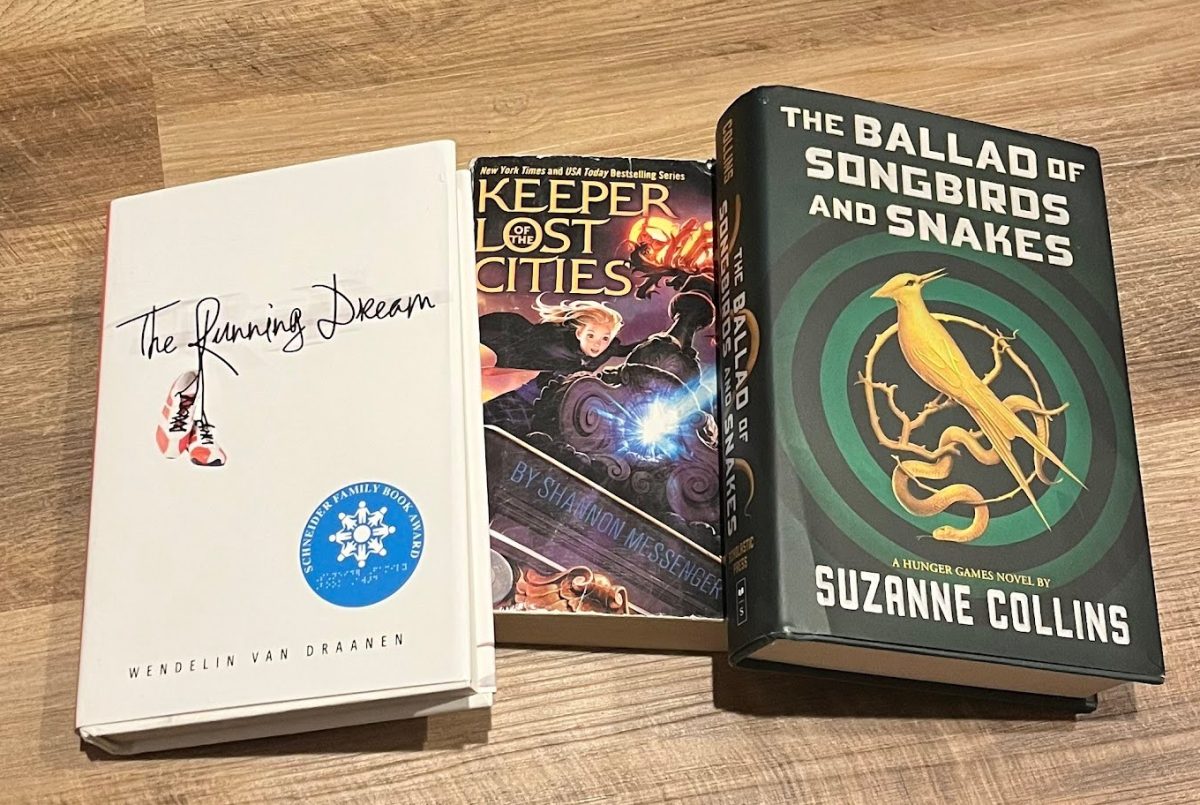You’ve had a long day of school, you just want to go home and relax and do nothing. You go to your bed and you start scrolling TikTok, after an hour, you feel even more tired than before, and your brain is completely foggy.
Why does this happen? You just wanted to chill out and let your brain rest?
The problem is you’re not letting your brain rest, you’re making it work overtime.
When asked if scrolling makes him more tired, Logan Windle (Grade 10) said, “Yes, but it’s not that bad. It’s because I usually only scroll late at night, and so it’s already like I’m brain foggy anyway.”
After being asked if he thinks scrolling keeps him awake, Windle answered, “ Yes, I do. Because it’s like one more reel, one more reel, one more reel, and then next thing you know, it’s like an hour past what time you’re meaning to go to bed.”

Let’s say someone shows you a video of a cute do. Now, you’re happy.
What if someone shows you a video of a forest fire that killed several people? Now, you’re probably sad.
What if someone showed you a video that holds a question that confuses you? Well, now you’re obviously confused.
What about a video with an unexpected jump scare? Now you’re probably scared, and you’re probably asking this person, “Hey, what is wrong with you? Stop showing me all these random videos to mess with my emotions.”
Well that’s what happens when you scroll. You are feeding yourself multiple different emotions by the minute, and your brain is trying to absorb each one to mimic yourself.
This is a phenomenon called social contagion, where your brain sees other people’s emotions and copies them for itself. When you’re scrolling this puts the brain under tremendous stress, copying a new, possibly drastically different emotion, every minute or few minutes.

Everyone knows that scrolling is bad for you. Nobody really thinks that they are getting smarter from watching short form content in this way, most people can’t even name one of the last 10 videos they saw.
The problem is that everyone knows it’s bad, but just can’t stop anyways, and aren’t encouraged to stop. In fact, we are encouraged to continue consuming this media, even knowing what it does to our brain.
“What if I miss something crazy that’s happening in the world?” “What if I miss something crazy that’s happening in our town?” “What if I miss a joke?”
These are all questions we ask ourselves when we consider deleting these apps, the question is, knowing the facts, is it worth it?
When asked if he feels a pressure to keep social media to keep up with what other people are talking about, Logan Windle said, “Yes and no. Yes, because, for references and stuff, if people are asking if I’ve seen something, and I feel like I would need to see it to understand, like, what they’re talking about. But no because all the biggest news you usually hear from other people. So, yes and no.”
Social media companies have made their apps as addictive as possible so they can get more money from you, because the currency they want from you is your time. The more time you spend on their apps, the more money they get from ad revenue.
Do what you need to do to quit, something simple like letting your friend put in a screen time password that only he knows, so when you’ve spent more than the amount of time you want to spend, you don’t have the option to continue anyways. Social media is a gift and a curse, but when you don’t know how to control it, it more often than not, is only a curse.























